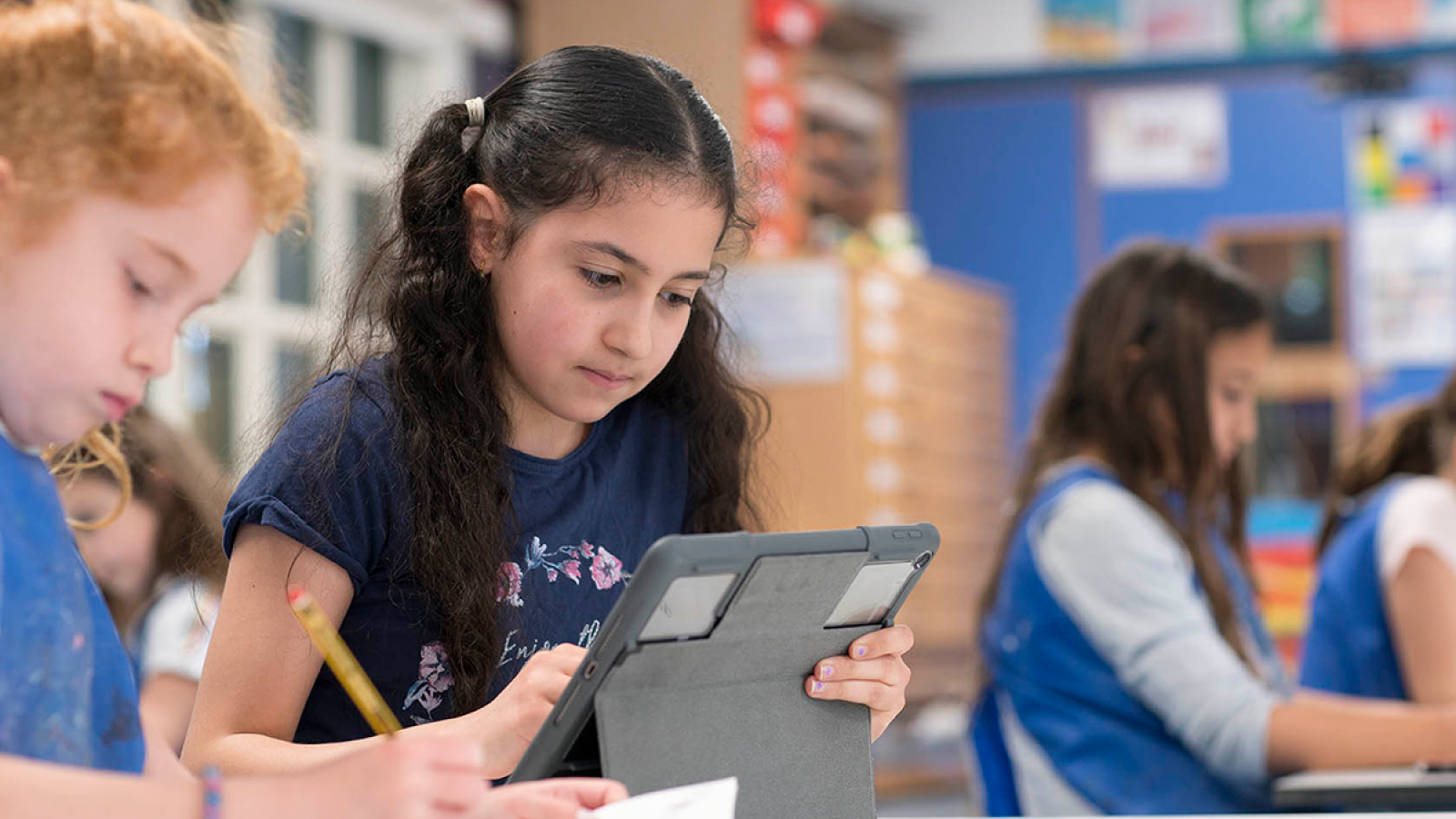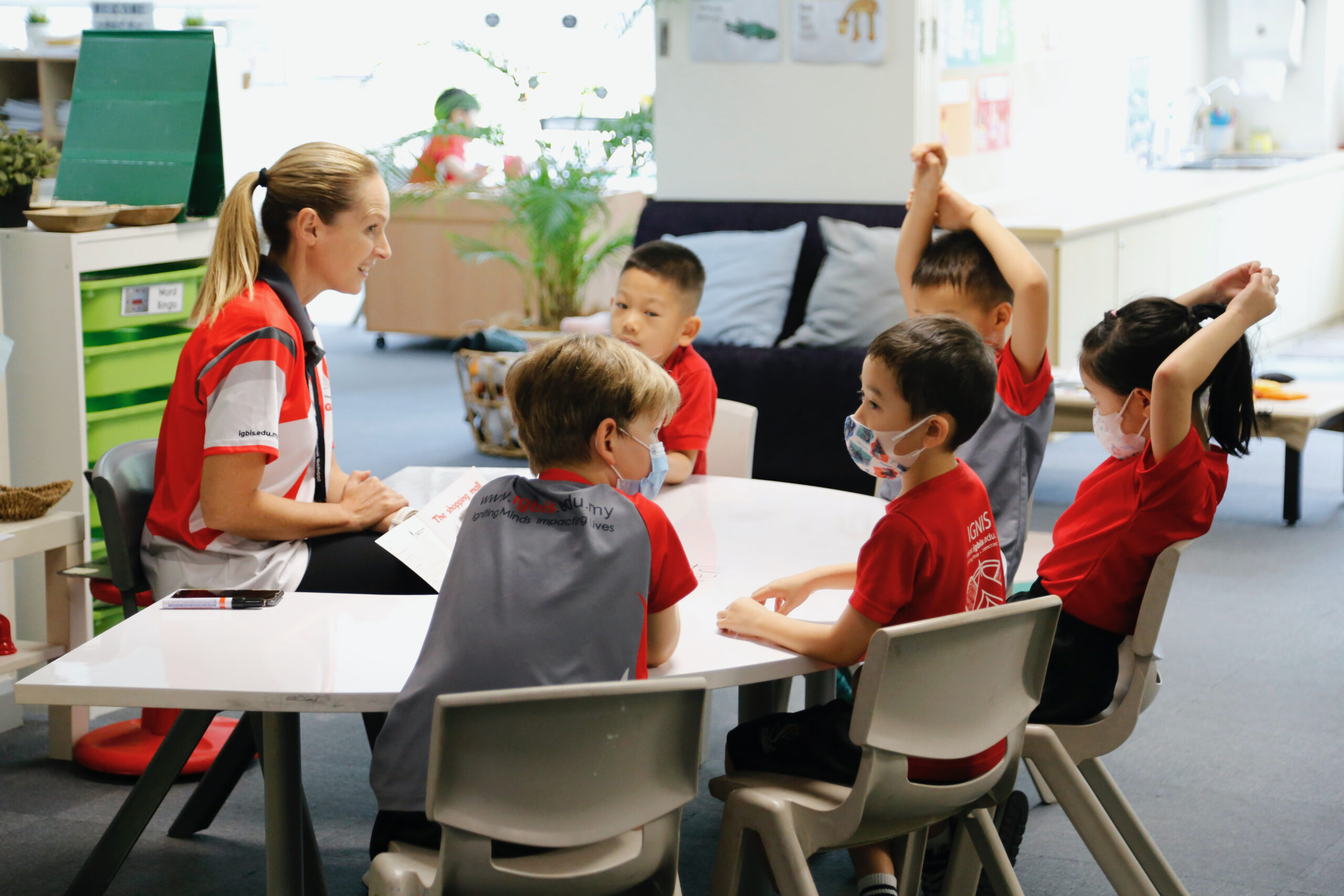The International Baccalaureate (IB) program is an international education system that offers high-quality educational programs for students from preschool to high school. This program has several features and advantages that make it attractive for early education institutions.
The IB program offers a wide range of subjects and courses that can be tailored to the needs and interests of each student. The main task is to create an individual educational trajectory for each child, taking into account his talents, interests and needs.
The introduction of IB can significantly enhance the reputation and attractiveness of the institution, making it more attractive to parents and students seeking quality and international recognition.
Overview of the IB Primary Years Programme
It includes six interdisciplinary thematic areas that help children develop critical thinking, solve problems, and explore the world around them. Within each topic, students study various subjects: science, mathematics, art, language, and society.
The six interdisciplinary PYP topics include:
- Who are we? (exploring identity and diversity)
- Where are we in time and space? (study of history and geography)
- How does the world work? (mastering science and technology)
- How do we express ourselves? (development of art and literature)
- How do we organize ourselves? (study of economics and management),
- How do we interact with the world? (understanding social relations and ethics).
Philosophy and Objectives of PYP

The philosophy of the IB primary years is to create conditions for the development of individual abilities of each student. The main goal of the program is to prepare children for independent life, teach them to think critically, solve various tasks, and interact with the world around them. The program is based on the principle of interdisciplinarity, i.e. the study of various subjects within the same topic. This helps children to better understand the interrelationships between different fields of knowledge and apply the acquired knowledge in real life.
Curriculum Structure and Content
The concept of inquiry-based learning is that children learn what is interesting and important to them for their development. The PYP program provides many opportunities to study various topics and subjects, but the choice of what to study is left to the children.
The Role of Teachers and Educators in PYP
The role of teachers and educators in the PYP program is to support and develop the individual abilities of each child. They help children learn, develop their critical thinking, problem solving and communication skills. Teachers and caregivers also create an atmosphere of trust and support where children can freely express their thoughts and ideas. They monitor the children’s progress and help them achieve their goals.
Assessment and Evaluation in PYP
The approach to evaluating results in the IB PYP early years programme differs from traditional assessment methods. Instead of evaluating children’s knowledge and skills in individual subjects, the program evaluates their overall level of development. The assessment is based on six interdisciplinary topics that children study. This allows you to see how children apply their knowledge and skills in various situations, and assess their ability to think critically and solve problems.
The assessment in the PYP program focuses on the holistic development of the child. It takes into account not only academic achievements, but also personal qualities: curiosity, initiative, sociability and the ability to work in a team. This approach helps teachers and caregivers to better understand the needs of each child and develop individual educational programs that match their interests and capabilities.
Benefits of PYP in Early Childhood Education

This program has several features and advantages that make it attractive for early education institutions.
- Developing Critical Thinking and problem-solving skills: IB focuses on developing students’ critical thinking, problem-solving skills and independent learning, which makes them more prepared for life and career after graduation.
- Intercultural Education: The IB early years programme emphasizes the importance of intercultural understanding and respect, allowing students to interact with people of different cultures and nationalities, which contributes to the development of their social skills and understanding of the world around them.
- The possibility of international cooperation: IB allows institutions to establish cooperation with other schools and educational centers around the world, share experiences and resources, which can contribute to improving the quality of education and the development of the educational environment.
Challenges and Considerations
There may be some difficulties in implementing the PYP program at school.
- Firstly, it may require significant changes in the curriculum and teaching methods.
- Secondly, teachers may face difficulties in mastering new approaches to learning.
- Thirdly, the implementation of a new program may require additional resources, such as time, money, and support from the school management.
It is important to carry out careful planning and preparation before implementing the program to ensure its successful implementation. It is also necessary to provide support from the school administration and provide teachers with the opportunity for professional development and training in new techniques. In addition, it is important to take into account the needs and interests of students to make learning more exciting and effective.

Case Studies and Success Stories
There are many examples of successful implementation of the PYP program in schools in the world. The International School of Madrid in Spain has successfully implemented the PYP program and has received positive results. The students of this school showed a high level of academic achievement and personal development.
Implementing a PYP program can be a complex and time-consuming process, but the results are worth the effort. It offers a unique approach to education that helps develop critical thinking, problem solving, and communication skills in students. Schools that successfully implement this program note an increase in the level of academic achievement and the development of personal qualities in their students.




